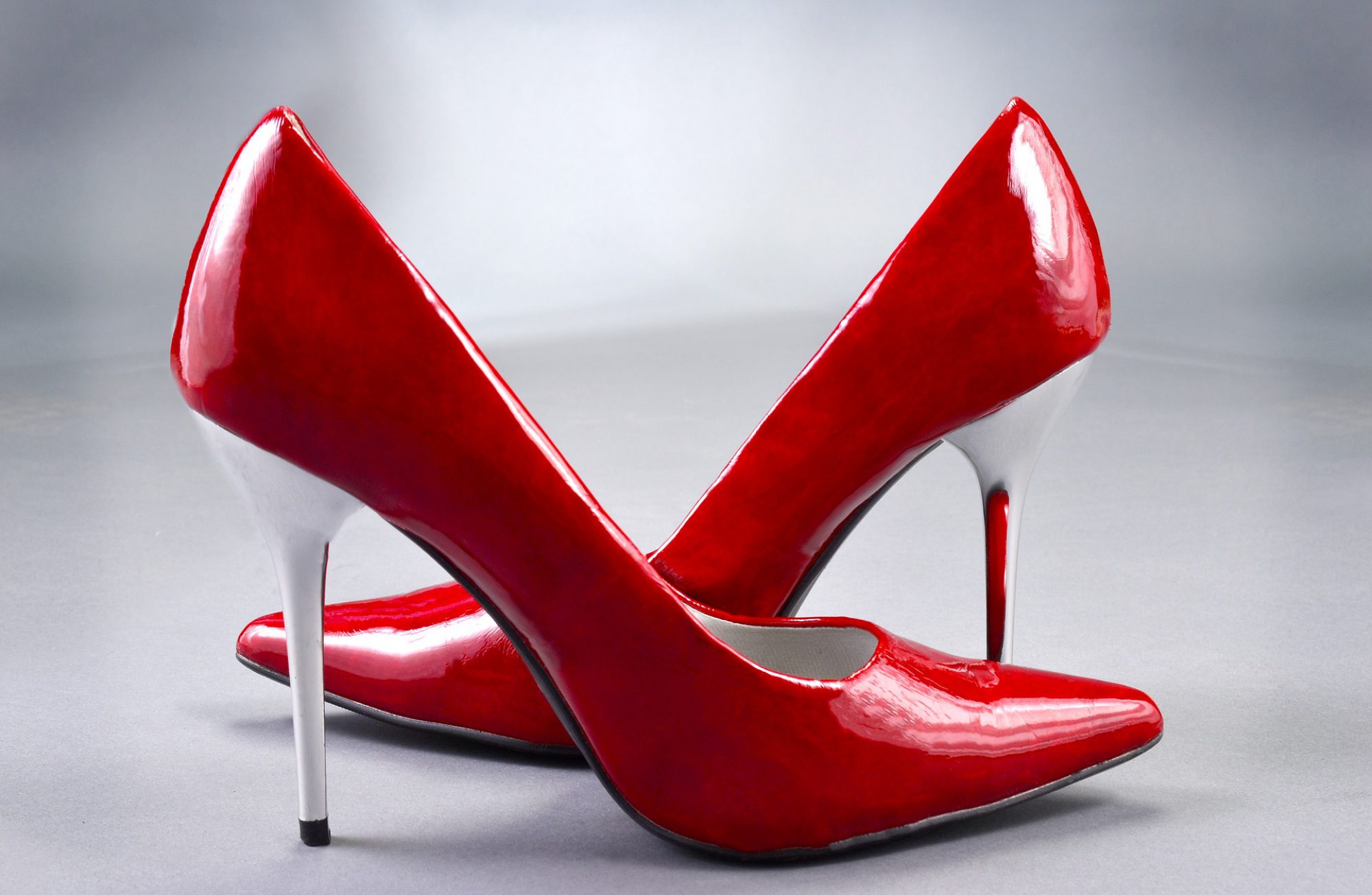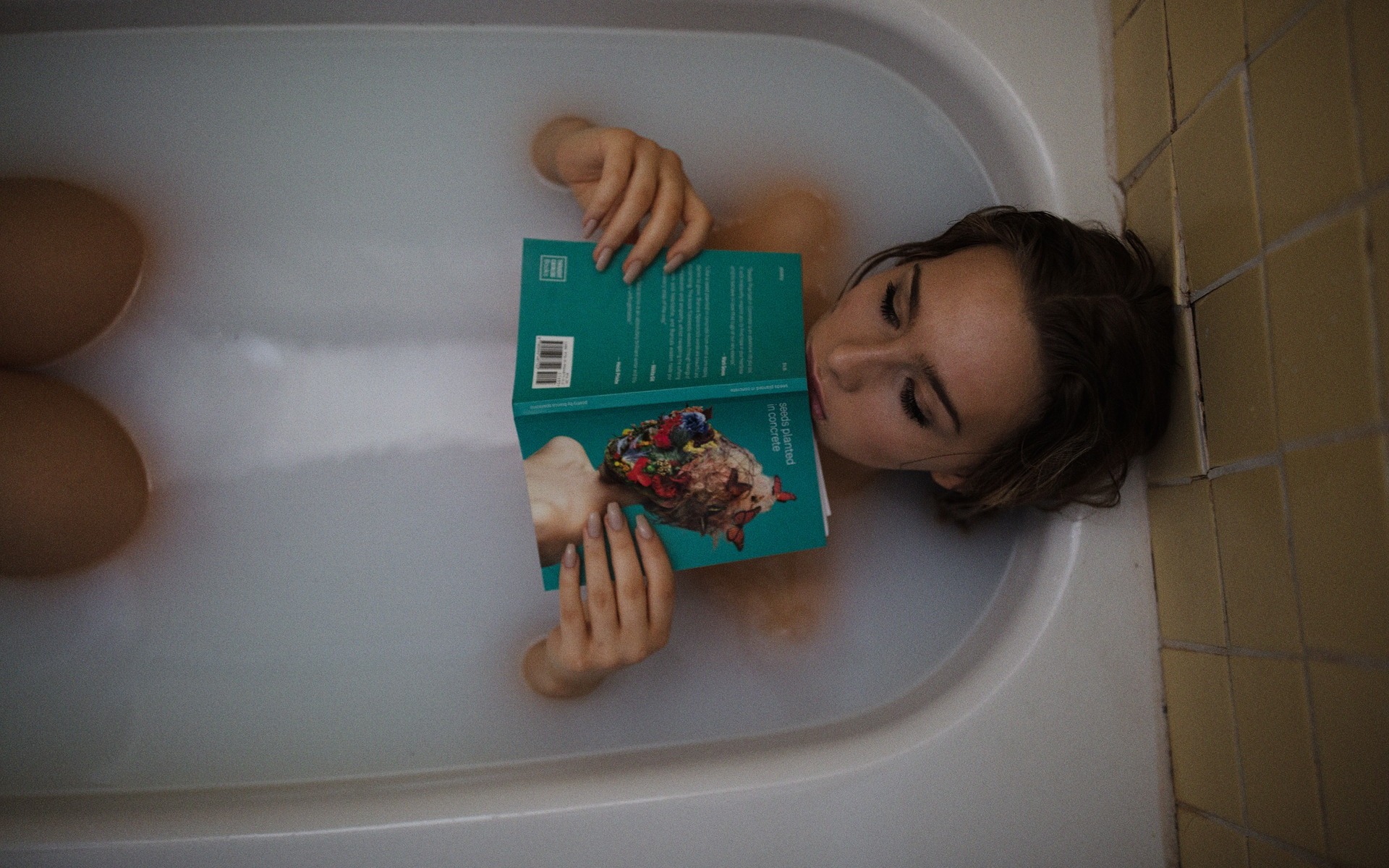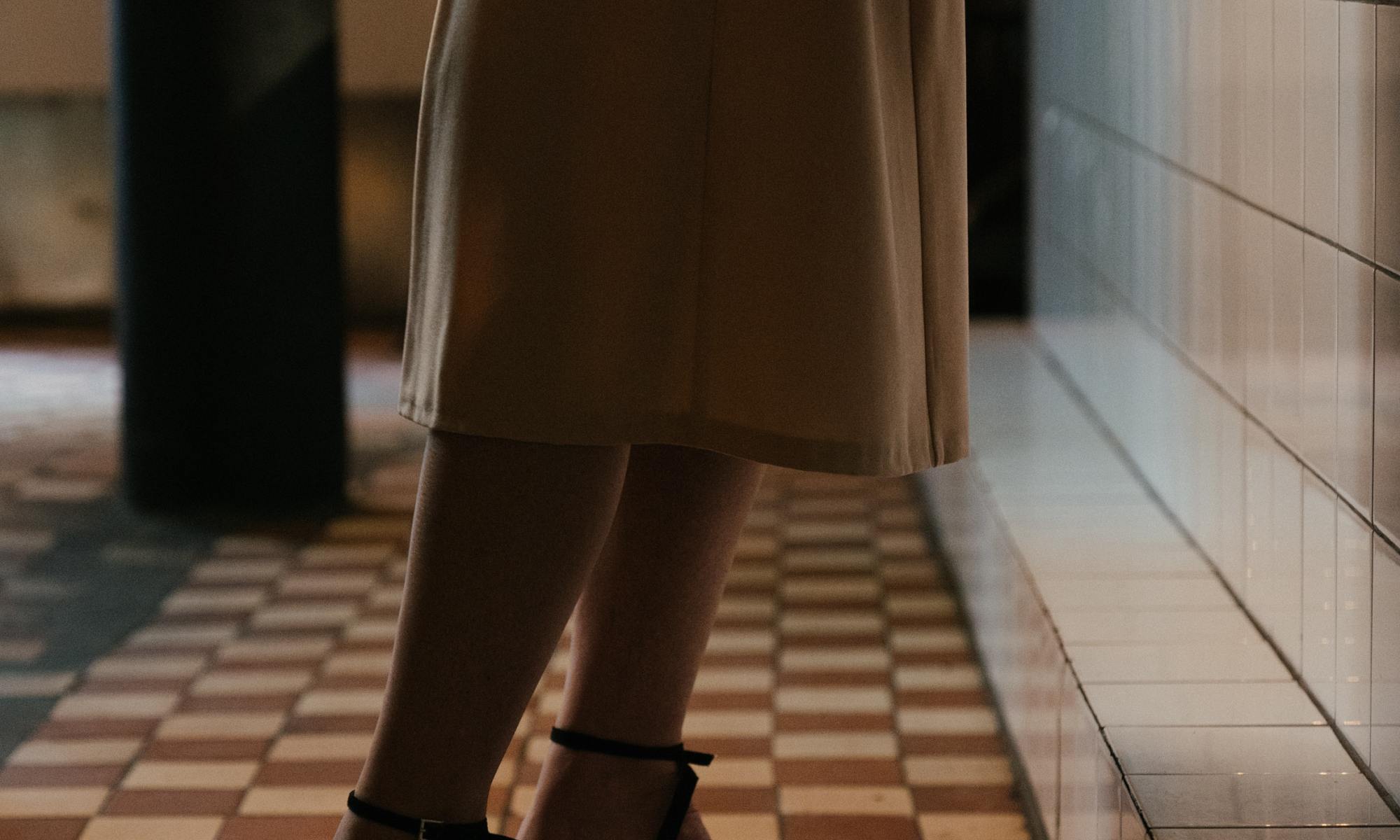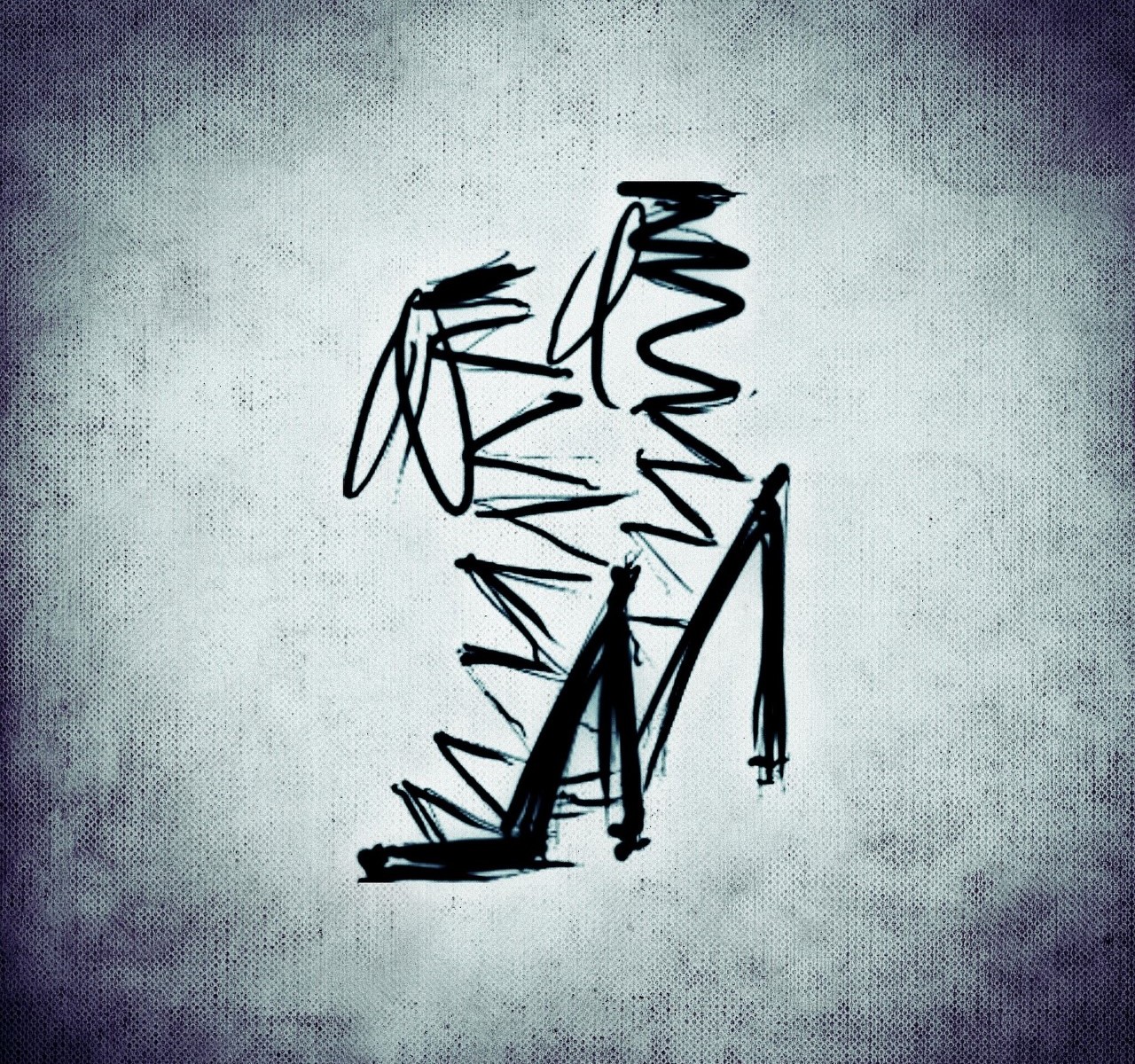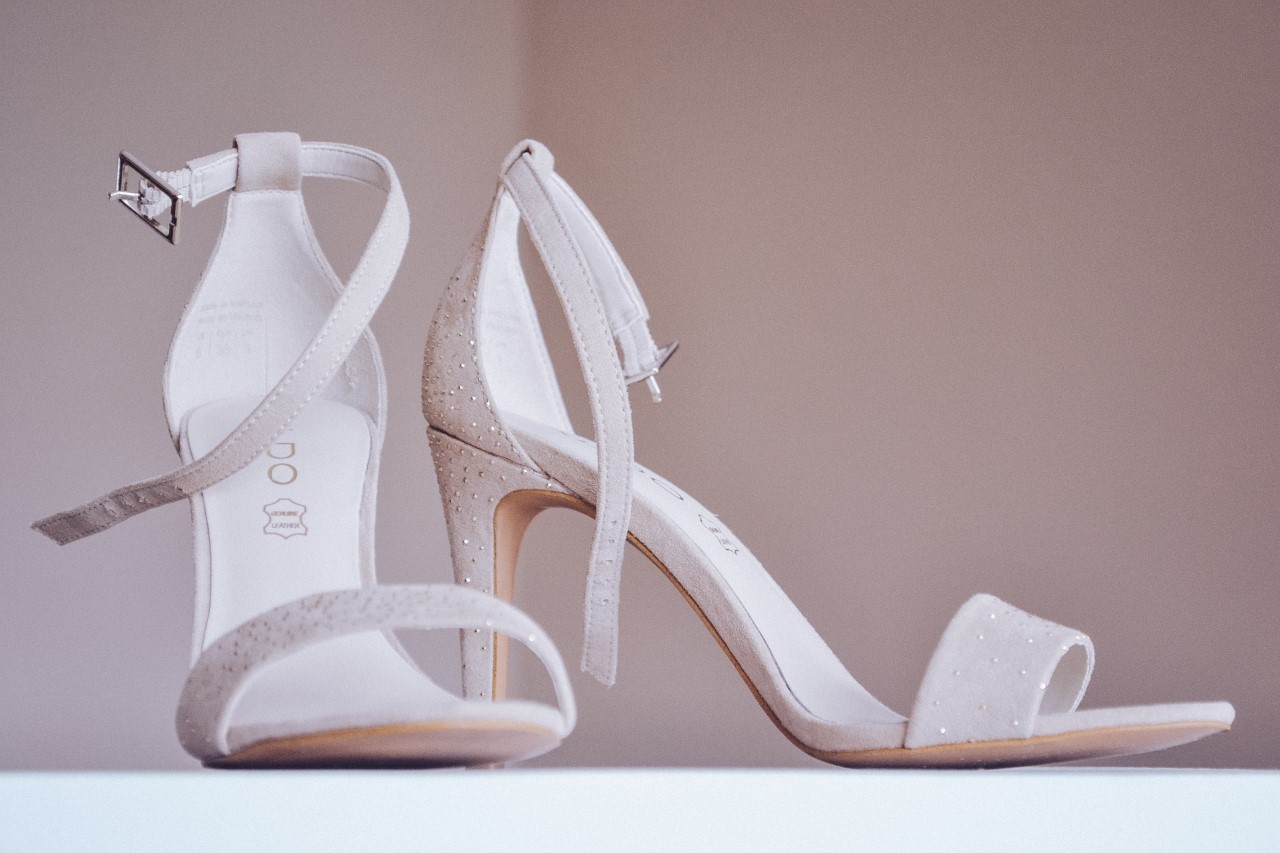I have a story…
Can I share it?
“You can,” they say…”but it’s not the one they want to hear.”
For the past few years, I have been trying to find an outlet through which to share my experience of living with Anorexia with a larger audience. I’ve contacted Eating Disorder support organizations, schools and volunteer groups in the hopes of finding speaking opportunities. I am always met with compassion and well-wishes, followed by a polite decline.
“Our audiences really want to hear from someone that has recovered from their Eating Disorder. Best of luck in your own recovery; contact us again when you are recovered. THEN we can talk!”
Oh…
Don’t get me wrong. I completely understand the need for heroes and role models who have beaten their illnesses. There is no greater source of hope than someone who has recovered. They are like unicorns, mesmerizing in their beauty and strength, whose superpower is to help us believe, if only for a moment, that recovery is possible. Theirs are the stories that inspire us to dust ourselves off and try again, to reach higher and push further.
The flip side of these stories are the tales of those who lost their battles. Stories that horrify and frighten. They too have a purpose. They ignite the fighting spirit and can literally power the journey toward health.
And then there are stories like mine. People for whom the jury is still out. People who live in a perpetual state of eating disorder purgatory, moving forward and stepping back, dancing with the illness and the scale, desperately waiting for the music to stop.
Mine is not a story of recovery. It will not inspire or give hope. I am not a role model. I’ve not slayed any dragons; and there is no badge of honour on my lapel. BUT, it is a cautionary tale; one that could be used to promote the importance of early treatment.
For a variety of reasons, I lived with Anorexia for 17 years before seeking treatment. 17 years…that is a long time for patterns to form, for behaviours to become entrenched in one’s day to day. I lived with the illness for so long that it has fused with my entire persona, to the point where I don’t know where the illness ends and where I begin.
I never prioritized my recovery because I didn’t think it was important. While I had highs and lows, I never stopped being fully functional. “I could have it all,” I thought – a life AND Anorexia. I didn’t realize then that the longer I put off treatment, the harder it would be to recover.
Eating disorders are dangerous illnesses – from which it can take years to recover. To have a fighting chance, early treatment is key. In fact, literature suggests that after three years with the illness, recovery becomes increasingly more difficult.
And here is where my story comes in. I can look into the eyes of parents who think school should come ahead of recovery and tell them to reprioritize. I can hold the gaze of someone who is delaying treatment until things get really bad and whisper… “Don’t wait.” Because, while I may not know what being recovered is, I know first-hand how hard it is to get there the longer you wait.
So…I have a story.
Anyone interested?
